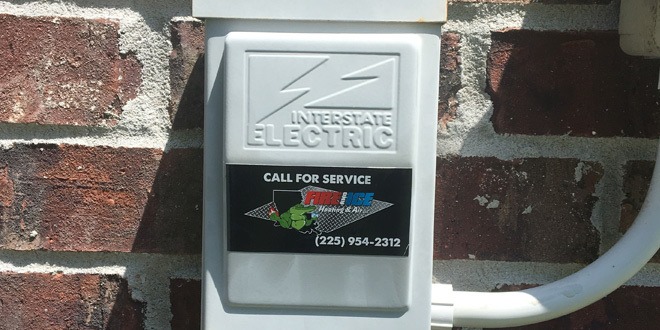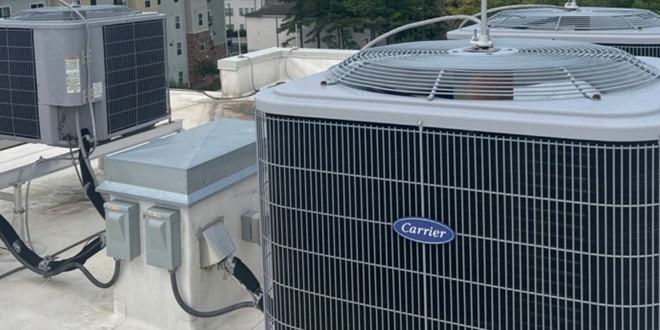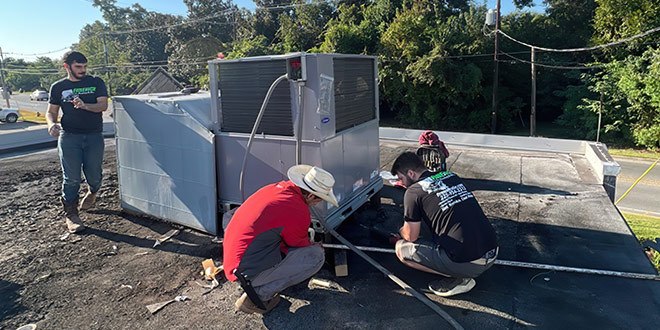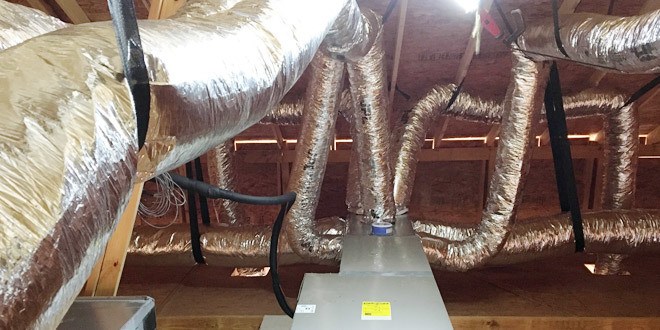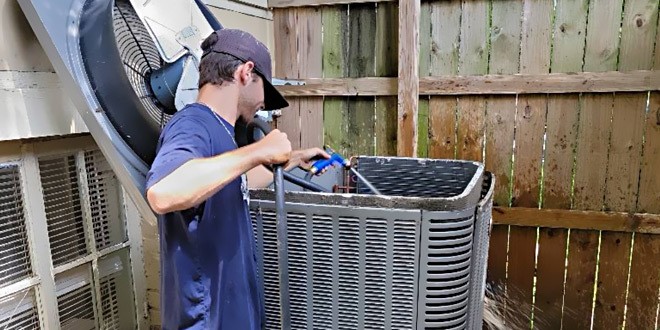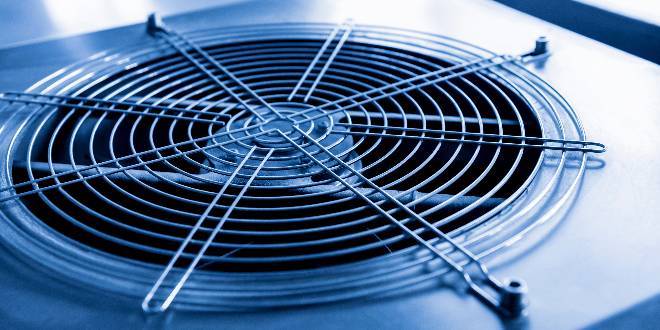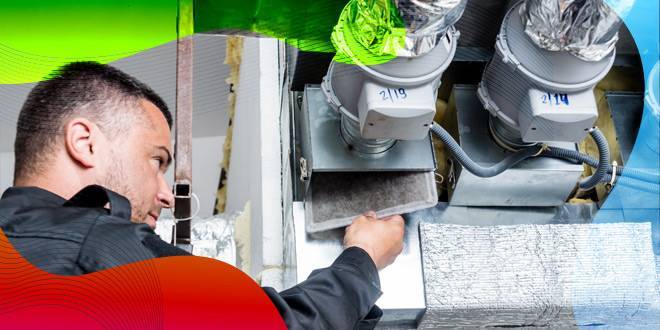Feeling the heat (or chill) of rising energy costs? Keeping...
In Baton Rouge, LA, selecting the right HVAC system is...
For home and business owners in Baton Rouge, LA, understanding...
For Baton Rouge homeowners and business owners, choosing the right HVAC...
Maximizing the efficiency of your HVAC system in Baton Rouge,...
Have you ever walked into your basement or attic and...
Summer days and cool, conditioned rooms go hand in hand....
Air quality is crucial in creating a comfortable and healthy...
Summer is in full swing and that means the temperatures...

